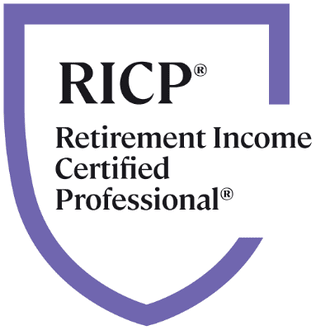
What are the real costs of Robo Advisors?
Robo advisors were forecast to become a $1.4 trillion worth industry in 2020, jumping by 47% yearly.1 By 2023, assets managed by Robo advisors are expected to jump to $2.5 trillion in market value.
A Robo advisor is an automated investment manager. Essentially, a software platform where a computer algorithm allocates your funds to a professionally designed portfolio. These investment platforms tend to charge a fraction of what a traditional human investment advisor would.
Robo advisors usually charge low fees, around 0.25% a year, and require small opening balances. Traditional wealth advisors charge investors much more in fees, typically over 1%, which will erode your long-run returns.
Superior Performance?
Recent research even shows that, on average, Robo advisors demonstrate superior performance compared to equity, fixed income, money market, and hybrid funds.2 They also outperformed three prominent equity indices, and the results remained the case for different allocations of funds. The findings demonstrated that Robo advisors provide easy access and cost-effective advice and dominate in the risk-adjusted performance.
Costs of Robo Advisors
As mentioned, the costs of Robo advisors are not necessarily cheap. Typically they charge .25%, and you pay expense ratios for the ETFs they purchase for the fund. You could save money by buying a low-cost target-date fund and get similar results.
According to Morningstar, the average expense ratio of target-date funds is around 0.78%. This means that for every $100,000 you have invested in the fund, you’ll pay $780 in fees. A Vanguard target-date fund could cost as little as 0.14%.3 As mentioned, Robo advisors charging around .25% plus you pay the expense ratio and any other account minimum fees are fairly reasonable compared to alternatives.
Robo advisors can be really good for someone that does not want to deal with the investment choices and is willing to pay a small fee to have the account managed and rebalanced. All you need to do is pick your target date or when you need the money, and the software does the rest.
DIYer's
For DIYer’s, it might be good as an alternative to a Robo advisor to get low-cost ETFs, called a fund of funds which will mirror what you would get with a Robo advisor in one fund. This is similar to a target-date fund, found in many workplace plans, but you can specify asset allocation between stocks and bonds. For example, you might pick a more conservative fund of funds for a shorter time horizon, and longer time horizon, you would pick a growth fund. This can be an even lower-cost alternative to Robo Advisors. But be careful and make sure you understand the expense ratio for the fund of funds; some are more expensive than what Robo advisors charge.
Bottom Line
Robo advisors are a great benefit to those inexperienced in investing. But understand that there are costs associated with Robo advisors that you should be aware of. Be sure to talk to a financial planner and determine what investment choices meet your needs. Investing money is only one part of financial planning; there are other elements such as saving for goals, keeping within budget, and so forth. Many of these more behavioral aspects are best worked on with a certified financial planner.
1. https://www.tradersmagazine.com/news/robo-advisors-to-become-1-4t-industry-this-year/
2. https://www.sciencedirect.com/science/article/abs/pii/S0040162520312476
3. https://www.moneyunder30.com/are-robo-advisors-worth-it
*This content is developed from sources believed to be providing accurate information. The information provided is not written or intended as tax or legal advice and may not be relied on to avoid any Federal tax penalties. Individuals are encouraged to seek advice from their own tax or legal counsel. Individuals involved in the estate planning process should work with an estate planning team, including their own personal legal or tax counsel. Neither the information presented nor any opinion expressed constitutes a representation of a specific investment or the purchase or sale of any securities. Asset allocation and diversification do not ensure a profit or protect against loss in declining markets.





